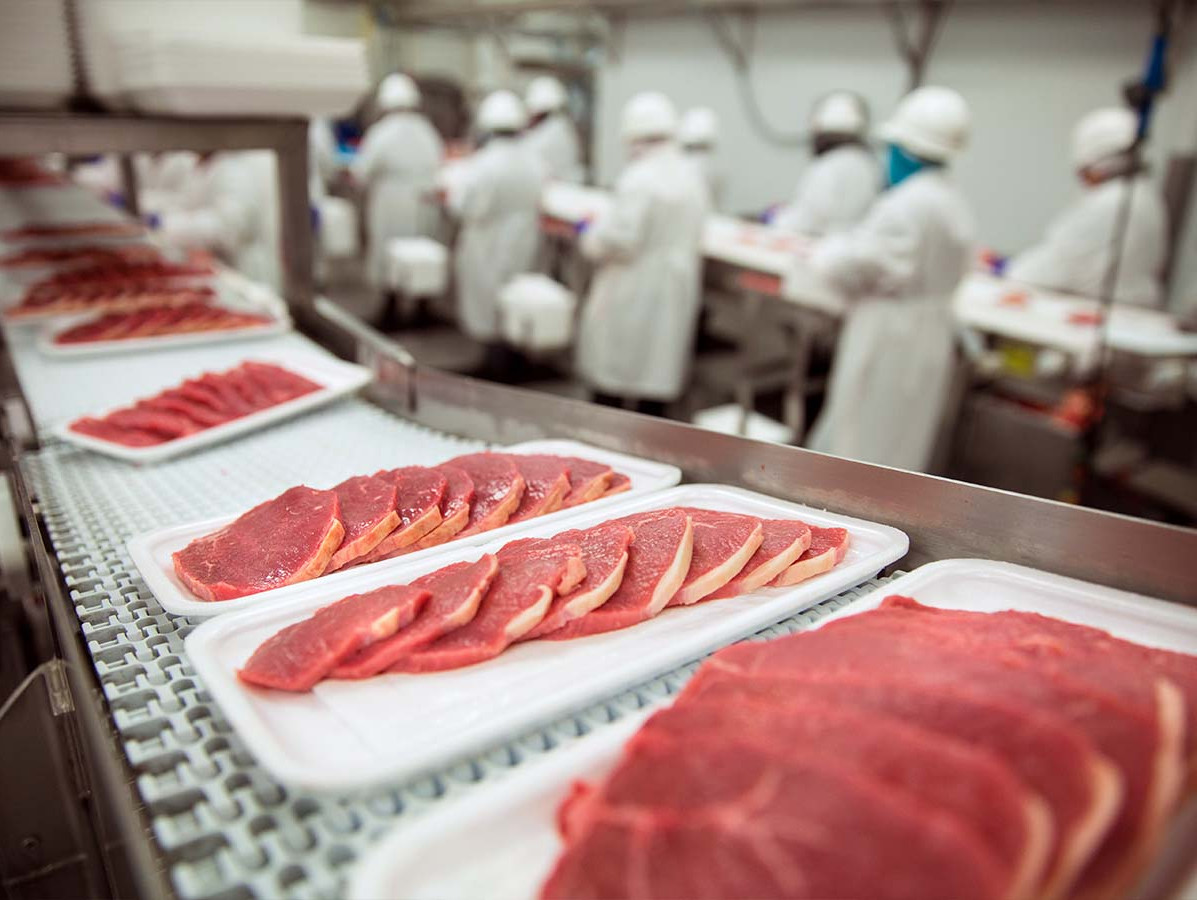
Despite impressive figures, with a turnover of 81 billion euros and 102,000 direct jobs, the Belgian food industry is facing a concerning trend: for the fourth consecutive year, the volume of sales has declined. This contradiction highlights a complex reality behind the attractive revenue figures. An increasing number of bankruptcies points to underlying issues in business operations and market dynamics.
With historically low margins and 4,500 job vacancies unfilled daily, companies are struggling to remain competitive. The combination of high wage and energy costs, alongside a taxation system that does not favour businesses, creates a challenging environment for Belgium's food industry. This not only hampers growth but also threatens the overall health of the sector.
Anthony Botelberge, chairman of Fevia, underscores the severity of the situation. He suggests that a 'lasagne' of taxes and high expenses nearly makes it impossible for Belgian companies to compete. The burden of shrinking margins and the need for significant investments in digital and green transitions add to the difficulty.
Fevia now seeks active policy measures from the government. They advocate for reducing wage and energy costs, simplifying the tax system, and addressing administrative burdens. Increasing the influx of students into STEM fields and improving education is seen as crucial for providing suitable workforce.
Furthermore, there is a call for a more balanced distribution of costs within the chain, for example, through stricter oversight of unfair trading practices. A future-oriented industrial policy is also vital, focusing on stability, innovation, and supporting investments.
Bart Buysse, CEO of Fevia, highlights the importance of these measures for the Belgian food industry. It's not just about preserving jobs, but also about ensuring the security of food supply within the country. In times of geopolitical instability, Buysse emphasizes the critical need to avoid reliance on foreign sources for essential food items.
Source: Fevia